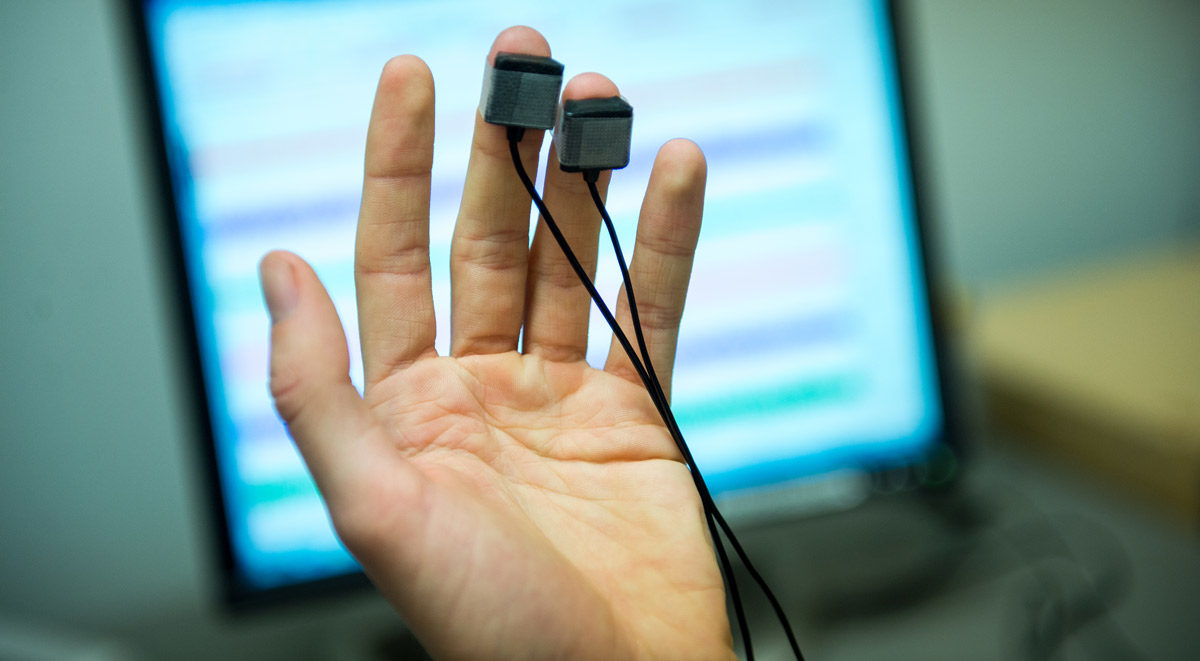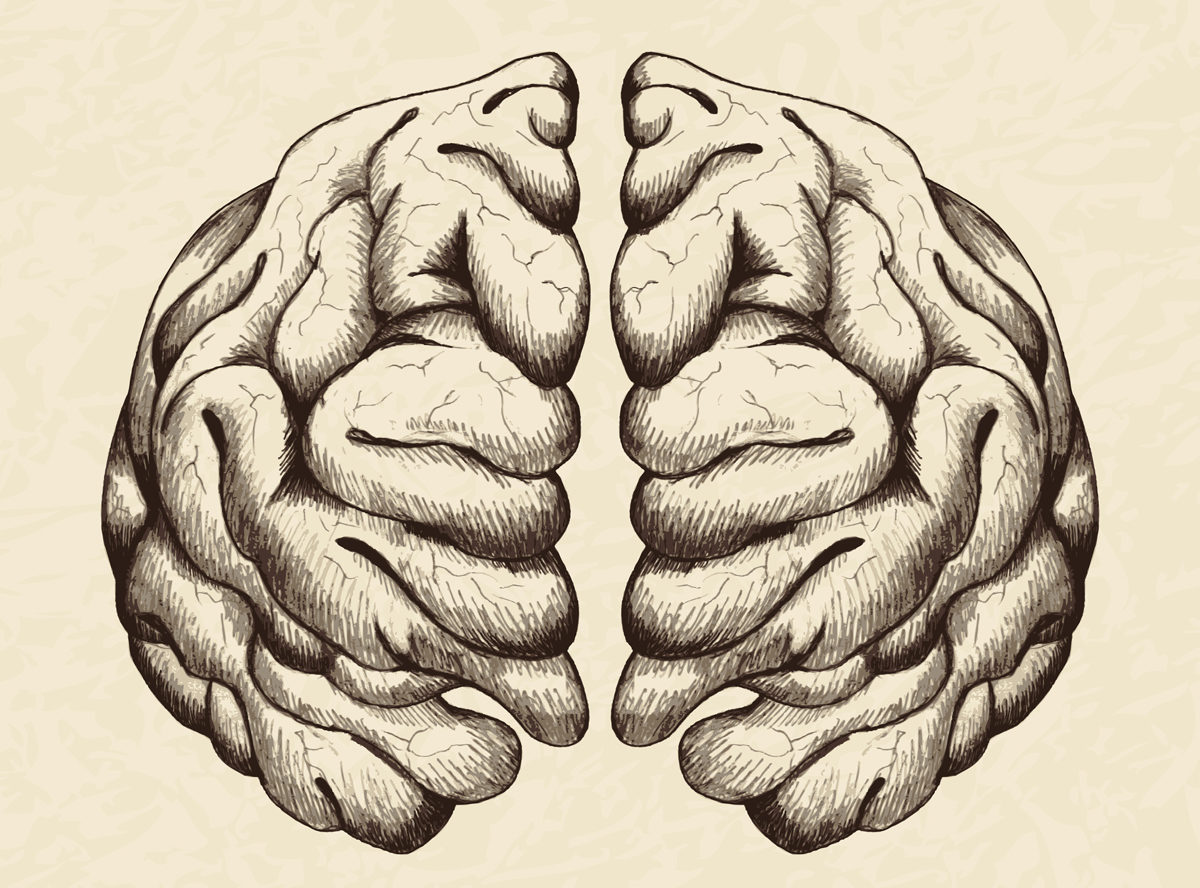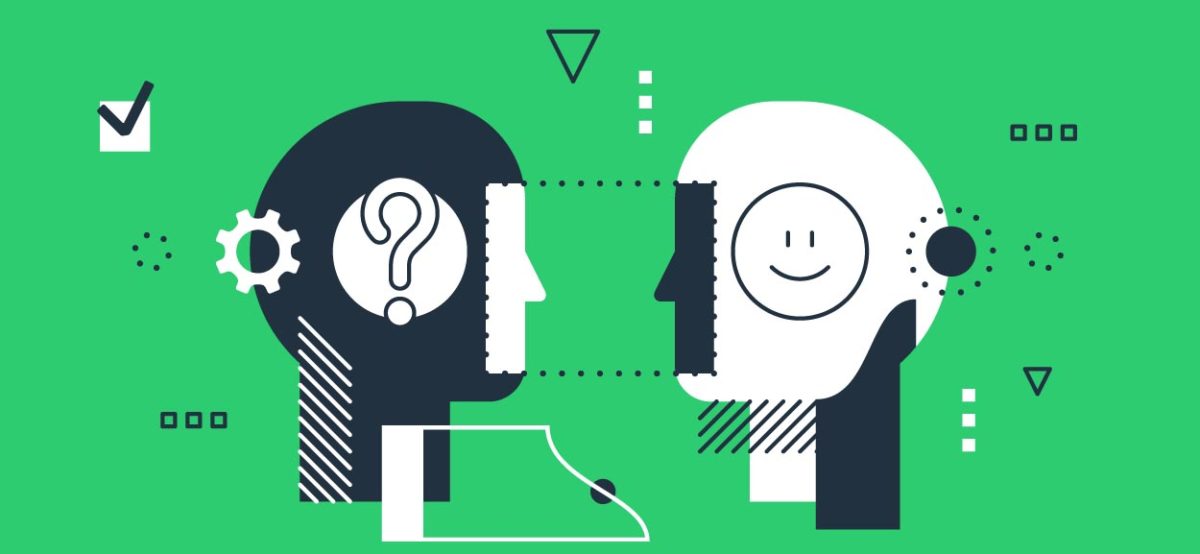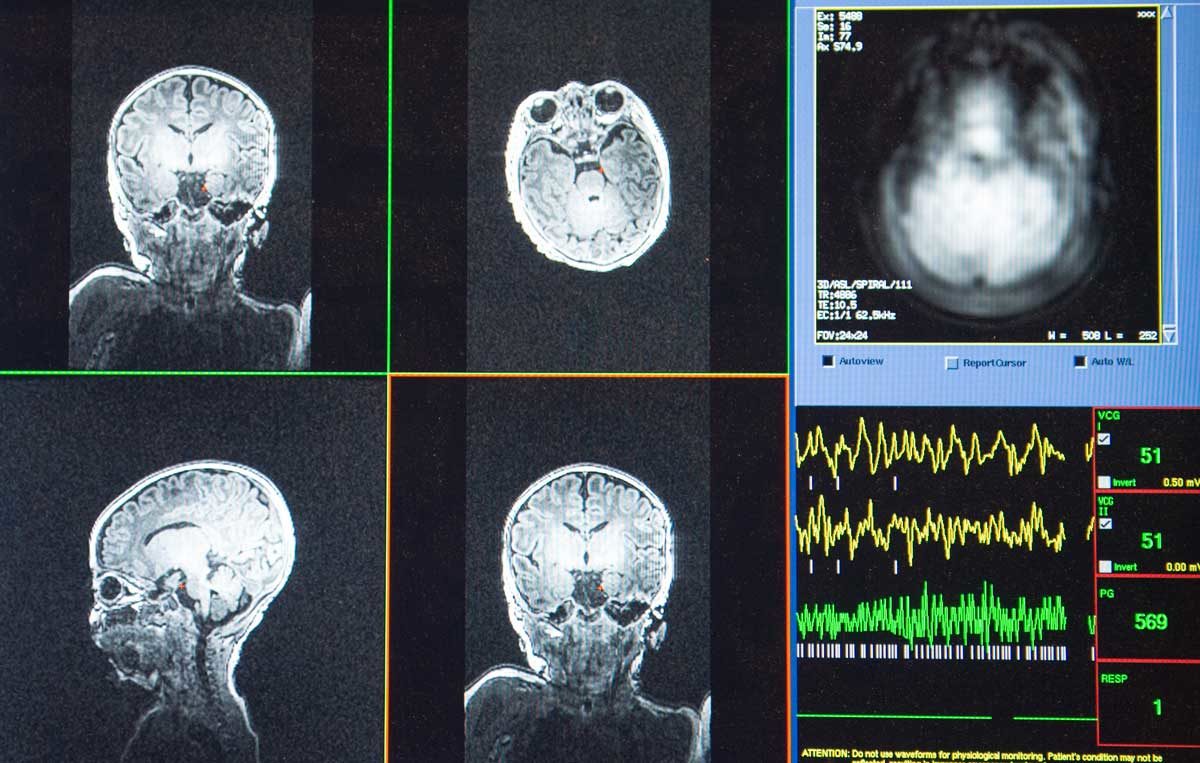Archive of all Center for Healthy Minds Studies
 A Classroom-Based Training Program for Attention and Emotion Regulation
A Classroom-Based Training Program for Attention and Emotion Regulation
Assessing how mindfulness-based training works in classrooms, Center researchers are developing programs for students and children to learn more about how an integrated approach can promote well-being in schools.
 Brief Trainings to Buffer Against Acute Stress Effects
Brief Trainings to Buffer Against Acute Stress Effects
Center scientists are evaluating and comparing the effectiveness of brief trainings to buffer against the negative effects that acute stress has on behavior and cognitive abilities.
 Changing Your Brain and Generosity through Compassion Meditation Training
Changing Your Brain and Generosity through Compassion Meditation Training
Center researchers investigated whether compassion – the feeling of caring for and wanting to help others who are suffering – could be cultivated through meditation training using an online intervention.
 Cognitive Processing and Rumination
Cognitive Processing and Rumination
Researchers at the Center studied how people who ruminate respond differently to stresses and how this might impact mental health and well-being.
 Conscious and Unconscious Emotional Processing
Conscious and Unconscious Emotional Processing
Center researchers seek to unearth how the brain processes emotions differently depending on a person’s awareness of what’s causing that emotion.
 Cultivating Creativity and Innovation in Engineering Graduate Students
Cultivating Creativity and Innovation in Engineering Graduate Students
Can a mindfulness intervention impact engineering graduate students' creativity and well-being?
 Exploring New Frameworks of Empathy
Exploring New Frameworks of Empathy
Drawing from empathic accuracy tasks and imaging data from an adolescent population, this project explores additional frameworks of empathy that more fully examine two components of empathy.
 Exploring Positive Qualities of Attention
Exploring Positive Qualities of Attention
Mindfulness shows promise for improving health, but unbiased tests, led by Center researchers, are needed.
 Games to Teach Mindfulness and Compassion to Adolescents
Games to Teach Mindfulness and Compassion to Adolescents
Our researchers are developing and measuring the impact of video games to help children improve attention and develop pro-social behavior.
 Investigating the Effects of Mindfulness-Based Training on Mother and Infant Brain Development
Investigating the Effects of Mindfulness-Based Training on Mother and Infant Brain Development
How does Mindfulness-Based Childbirth and Parenting (MBCP) impact the brains of infants and their mothers?
 Kindness Curriculum Study with Pre-Kindergarten Students
Kindness Curriculum Study with Pre-Kindergarten Students
Center researchers are evaluating a mindfulness-based Kindness Curriculum in promoting attention, emotion regulation and pro-social behavior in children.
 Learning How Emotional Styles Affect Well-Being
Learning How Emotional Styles Affect Well-Being
What are your emotional styles? How does your emotional style influence your well-being?
 Mindfulness-Based Parenting Program
Mindfulness-Based Parenting Program
Center experts are researching the impact of a mindful parenting program to help address stressors and demands of parenting as well as promote positive and supportive parent-child interactions.
 Moving Towards Well-Being With Tai Chi
Moving Towards Well-Being With Tai Chi
Is it possible to treat ADHD with Tai Chi, a form of moving meditation?
 Neurobiology of Emotion Regulation and Developmental Stress
Neurobiology of Emotion Regulation and Developmental Stress
How do early experiences shape a person’s chances of developing symptoms associated with depression and anxiety? Center scientists are studying risk factors and longitudinal data to learn more.
 Reducing Stress through Yoga for Individuals on the Autism Spectrum
Reducing Stress through Yoga for Individuals on the Autism Spectrum
Center scientists are exploring the bodily changes associated with a specific type of yoga in individuals on the autism spectrum.
 Risk for Depression and Cognitive Processing Following A Stressful Event
Risk for Depression and Cognitive Processing Following A Stressful Event
How does cognitive and neural processing of stress-related information differ in individuals with a high risk of depression?
 Self-Concept and Well-Being
Self-Concept and Well-Being
Center researchers are examining how flexibility in self-image influences well-being and pro-social behavior.
 Veteran Wellness Study
Veteran Wellness Study
Center researchers are exploring how to improve the lives of veterans by expanding the range of treatments available for PTSD and learning more about the brain mechanisms involved in PTSD and its treatment.

